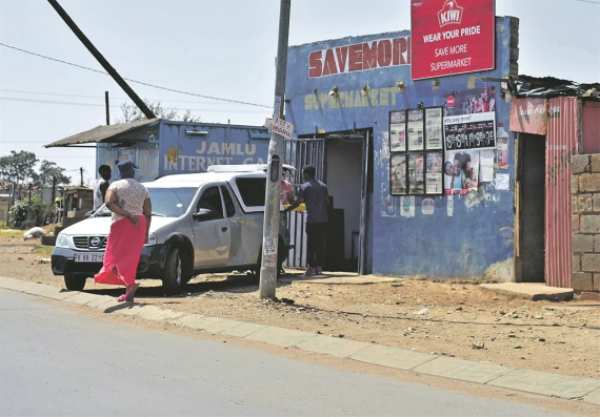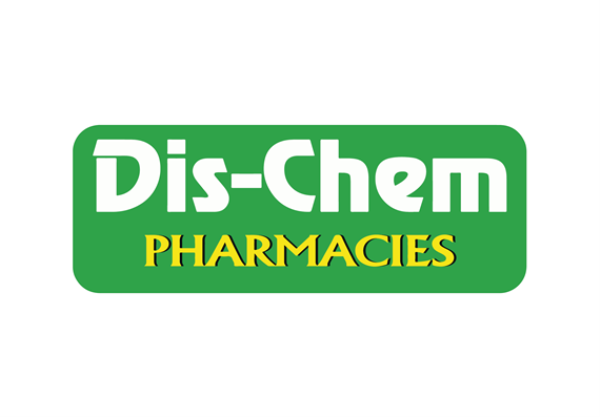SA needs a Covid-19 vaccine by April, but jumping at the first one on the market could be a costly mistake, warn health experts.
A critical part of the decision-making process about which vaccine is best for SA needs to take culture and supply chain management into account, said Stavros Nicolaou, chair of the Business for SA health working group.
He is backed up by some of the country's leading health experts, who said the government must be sure it spends money on a vaccine best suited to SA's conditions, as its pockets are not deep enough to rectify a mistake.
South African Medical Association chair Dr Angelique Coetzee said if SA hangs on for several more weeks, far more vaccines will be available "and hopefully we will get a vaccine that is more suitable for our country's environment and far cheaper".
The only word of caution is that the country should have a vaccine by April, said Wits University health economist Alex van den Heever.
"We do not want a situation in which ... we are in the midst of winter and are still struggling to get a vaccine. If we get to that situation, I fear our second wave will be worse than the first. It will be difficult to contain unless we have a vaccine and ... enough doses for the population."
Finance minister Tito Mboweni this week denied claims that SA missed the deadline to pay the R500m required for it to be part of the Covax global Covid-19 vaccine distribution scheme - which will give SA early access to a batch of vaccines.
Mboweni told parliament on Friday that the government has until December 15 to make the payment. The health department said in a statement on Friday that the government is on track to sign the Covax agreement: "In order to secure enough doses to vaccinate 10% of our population, we will be required to make a down payment of R327,118,080 ... the Solidarity Fund has agreed to make this initial contribution."
Government Covid-19 ministerial advisory vaccines committee member, Professor Helen Rees, who chairs SA's health products regulatory authority and the Global Alliance for Vaccines and Immunisations, said it is anticipated that SA will gain access to a Covid-19 vaccine in the second quarter of 2021, with more vaccines coming onto the market within six months that are suitable for our environment.
"We have to spend our money on vaccines wisely as we don't have the deep pockets of wealthy nations," she said.
"In terms of the Covid-19 vaccines, just over 50% of the vaccines that are likely to come through have been pre-ordered, with the countries behind the pre-orders representing only 13% of the world's population.
"Pfizer's product looks good in terms of efficacy, but it requires an ultra-cold chain, which for SA and Africa is challenging, especially in terms of logistics to ensure cold chain protocols remain intact."
She said 11 other vaccines are in their final phases, with more coming off the clinical trial production line soon - and "some of these are cheaper and more stable at room temperature".
Rees said an important aspect is the dosage protocol.
"In SA we are not used to vaccinating adults. A number of these Covid-19 vaccines, like Pfizer, require double dosages, which in SA will not work given the movement and locations of these populations [of adults]."
South African Medical Research Council president Glenda Gray said she hopes the government is having discussions with medical aids and big business - "we need public-private partnerships".
Said Coetzee: "There are a lot of inter-government negotiations under way as well as negotiations with manufacturers and suppliers. One must remember there are nearly 200 vaccines currently being developed.
"Government needs to ensure we are in the right queue for the right vaccine."
Van den Heever said the government needs to get its act together within the next month. "With it being shown that we are not good at preventing the spread through non-pharmaceutical interventions, if we don't start to vaccinate soon we could have deaths and infections which could have been prevented," he said.
"Private medical aid schemes will be able to access vaccines through government channels, which the schemes, through their growing surpluses, will fund for their members."
In terms of prices, Van den Heever said the R140 for the Pfizer vaccine appears for now to be reasonable.
"If you look at the Johnson & Johnson vaccine, a full dose, which is two doses, will cost R466. If we vaccinate 60% of the population [36-million people], which we need to do to achieve heard immunity, that will cost R16.7bn."
Professor Barry Schoub, chair of the ministerial advisory committee on coronavirus vaccines, said the key is to get as many people vaccinated as possible and a cheaper vaccine would allow more coverage.
"We have to juggle cost and efficacy."
Discovery Health chief commercial officer Ronald Whelan said the company is working closely with Business Unity SA and the Solidarity Fund to support the department of health and presidency procure vaccines for all South Africans. He said the scheme will make benefits available for all of its members to receive the vaccine.
Read the full article HERE




